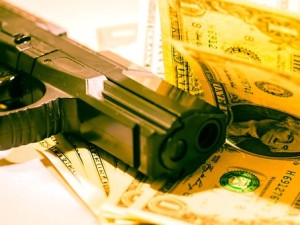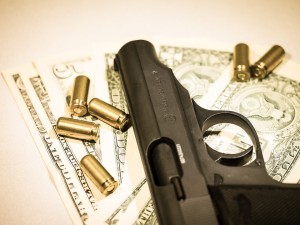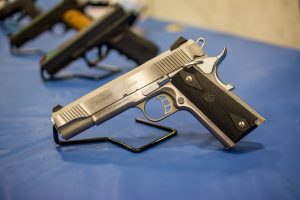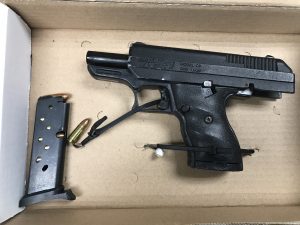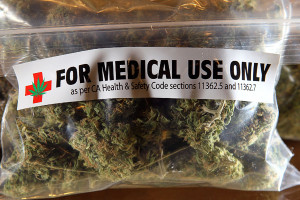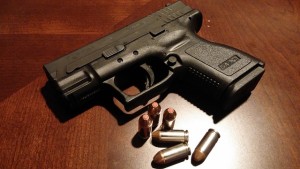 The Maryland Senate and the House of Delegates recently cross-filled the Violent Firearms Offenders Act, and it is almost certain that a large portion of the bill will become law in October. The bill aims to toughen penalties for certain firearms offenses that were seen as too lenient in light of escalating gun violence in Baltimore City and across Maryland. The bill is part of a package of violence prevention initiatives that the governor announced at a press conference last month in Baltimore, which also includes increased penalties for witness intimidation and measures to track the sentencing records of judges in violent offenses.
The Maryland Senate and the House of Delegates recently cross-filled the Violent Firearms Offenders Act, and it is almost certain that a large portion of the bill will become law in October. The bill aims to toughen penalties for certain firearms offenses that were seen as too lenient in light of escalating gun violence in Baltimore City and across Maryland. The bill is part of a package of violence prevention initiatives that the governor announced at a press conference last month in Baltimore, which also includes increased penalties for witness intimidation and measures to track the sentencing records of judges in violent offenses.
The Violent Firearms Offenders Act begins by introducing a provision that adds possession or use of a firearm to the list of non-technical probation violations. Normally a person who is on probation would be charged with a crime for possession or use of a firearm, and thus a rule 4 violation, so the issue would be moot. But this provision gives the state an easier path to prove a non-technical violation if criminal charges are not filed, dismissed or placed on STET. If the state shows the defendant possessed a firearm at any point while on probation the defendant could be found in violation and face the full backup time. The bill also includes a section that reclassifies the crime of using a firearm in the commission of a crime of violence from a misdemeanor to a felony. Once again, this is usually not a major issue because the underlying charge will undoubtedly be a felony. On the other hand, it never made sense for an offense with a five-year minimum mandatory penalty like use of a firearm in violent crime to be classified as a misdemeanor, so there is no major argument against the change. This section also adds a ten-year mandatory penalty for anyone convicted of using a firearm in a crime of violence for a second or subsequent time, which shall run consecutive to the sentence for the underlying crime. Mandatory minimum sentences may not be suspended, and the defendant is never eligible for parole.
Perhaps the most impactful change in the Violent Offender Firearm Act is the new provision that adds a mandatory minimum jail sentence for the crime of theft of a firearm. Theft of a firearm is currently part of the general theft laws, and the penalty is dependent on the value of the firearm. Since most guns have a value of less than $1,500, theft of a firearm is usually treated as a misdemeanor with an 18-month maximum penalty. If this bill passes, and we believe it will, come October anyone who is convicted of stealing a firearm (including an antique firearm or replica), faces a felony conviction with a 2-year minimum mandatory penalty. This two-year minimum mandatory penalty is a new sentencing provision in Maryland, and is not applicable to other criminal statutes. The law does specify that any defendant convicted faces the mandatory two-year sentence, so the issue of whether a defendant is eligible or probation before judgment may have to be addressed at some point. Currently there is a 30-day minimum mandatory penalty for wear, carry or transportation of a handgun in Maryland, but it can be avoided if the lawyer argues for, and the judge grants PBJ. The same is true for the 60-day minimum sentence for carrying a loaded handgun. Lawmakers may choose to exclude theft of a handgun from 6-220, which governs when a judge can grant probation before judgment. In Maryland a defendant who is sentenced to a mandatory term of incarceration may serve the time on house arrest, though house arrest sentences rarely extend beyond one year. It will be interesting to see if 2-year house arrests sentences start becoming the norm, as theft of a firearm is not a violent offense and many defendants will be first time offenders. Judges should hesitate sending a first-time non-violent offender to prison for two years.
 Criminal Defense Lawyer Blog
Criminal Defense Lawyer Blog


